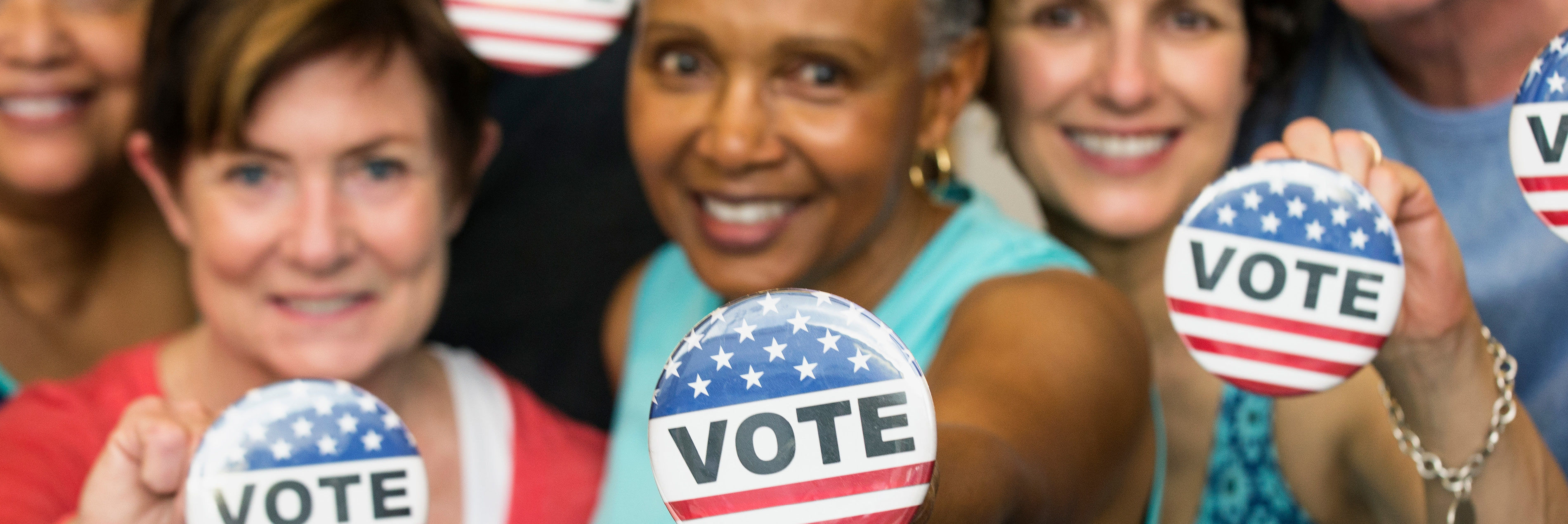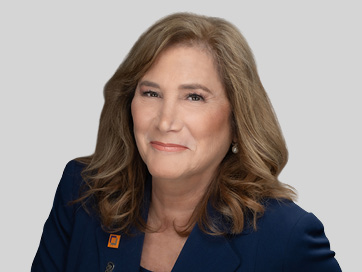This August marks 100 years since the passage of the 19th Amendment, which guaranteed women the constitutional right to vote in the largest expansion of democracy in the history of the U.S. As we reflect on the significance of this anniversary, it’s necessary to analyze the intersectional dynamics of the suffrage movement and how these tensions continue to play a part in the fight for equitable access to voting today. After the ratification it would take four more years for Native Americans to even be considered citizens with voting rights, and for Asian-Americans it would take even longer. And while African American women played a key role in the fight to get the 19th Amendment passed and gained the right to vote on paper—they would not be able to freely exercise their right to vote until 1965 when the Voting Rights Act and subsequent court decisions outlawed the tools of disenfranchisement that target people of color.
This Women’s Equality Day, as we reflect on the progress of the last century and look forward to the next 100 years, it’s important to recognize and celebrate the trailblazers of the suffragist movement. Without them millions of American citizens would be without their constitutionally afforded civil rights, and true access to our democratic process. They also laid the groundwork for the civil rights victories that were to follow and continue to be integral to the civil rights movements on the ground today.
Unfortunately, the practice of disenfranchisement at the polls is still a problem. Through voter registration restrictions, felony disenfranchisement, purging, and gerrymandering, voter suppression efforts are still a large part of today’s society. Between 2014 and 2016 almost 16 million voters were purged and not surprisingly, jurisdictions with a history of racial discrimination had much higher purge rates1. Also due to the racial bias in the criminal justice system, felony disenfranchisement disproportionately affects black and brown people, who often face harsher sentences than whites for the same offenses. As of 2016, an estimated 6.1 million people are currently disenfranchised due to a felony conviction—a number that has dramatically escalated over the decades as the population under criminal justice supervision has increased2.
As America's socially responsible bank we are committed to taking up this mantle of work and continuing to push for change, which is why we include racial justice and equity as core tenants of our corporate vision and values, are committed to addressing internal bias and racism, and are committed to hiring candidates with former convictions, where permitted, under state and federal regulations. We recognize the fight for true equality and total equitable access to voting is not yet over, but as a bank founded by a union of immigrants, we have always believed in equal rights and the power of organizing, and we support everyone’s access to their right to vote regardless of gender, race, felony conviction, class or economic status.
We know that this is just the beginning of the work and are proud to stand alongside our employees, clients and customers to achieve real progress. With such a dedicated and diverse coalition working alongside each other, we are excited for what the next 100 years has in store for us all.
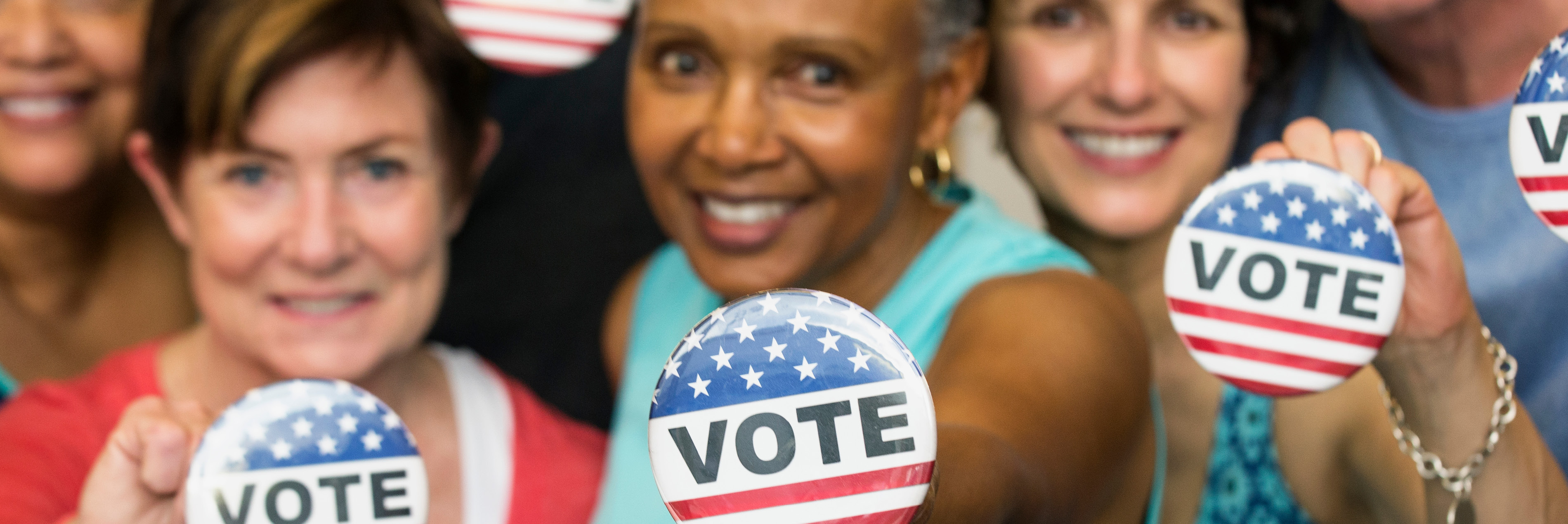
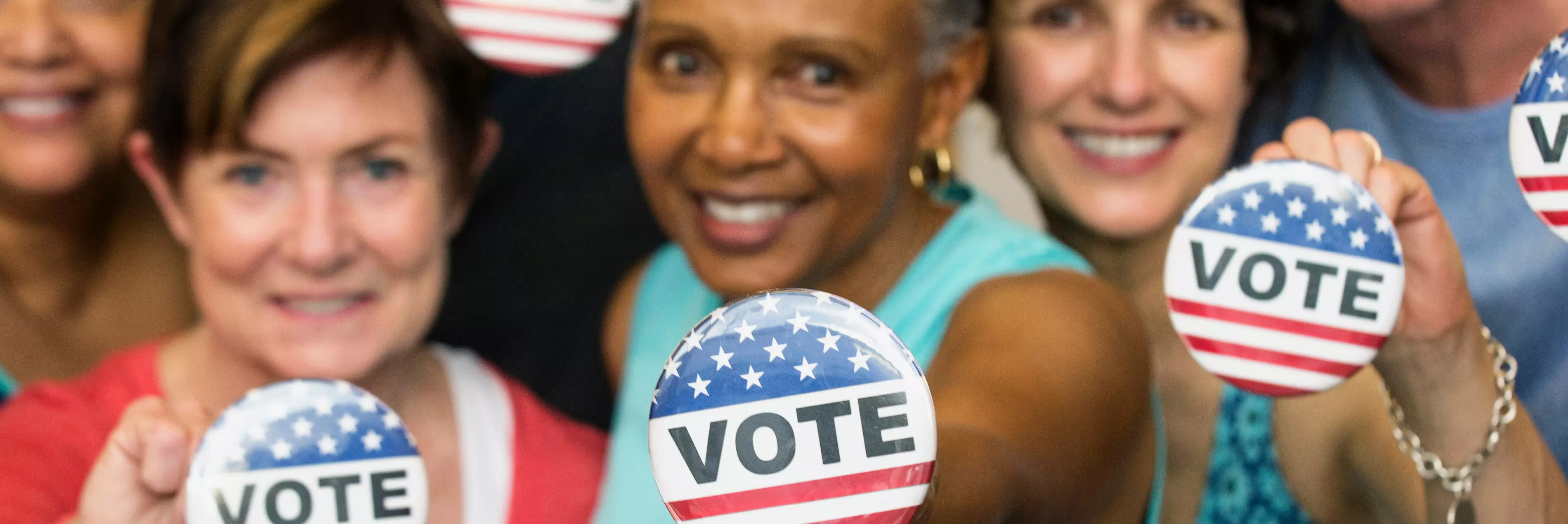 Mobile Image
Mobile Image
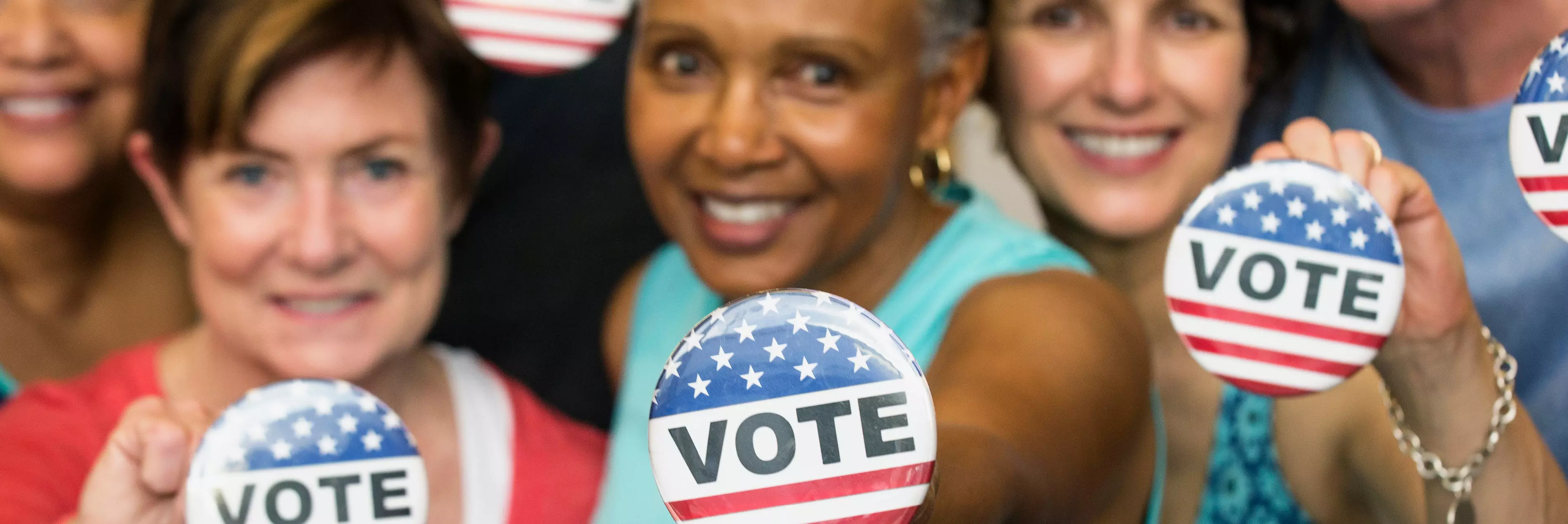 Mobile Image
Mobile Image
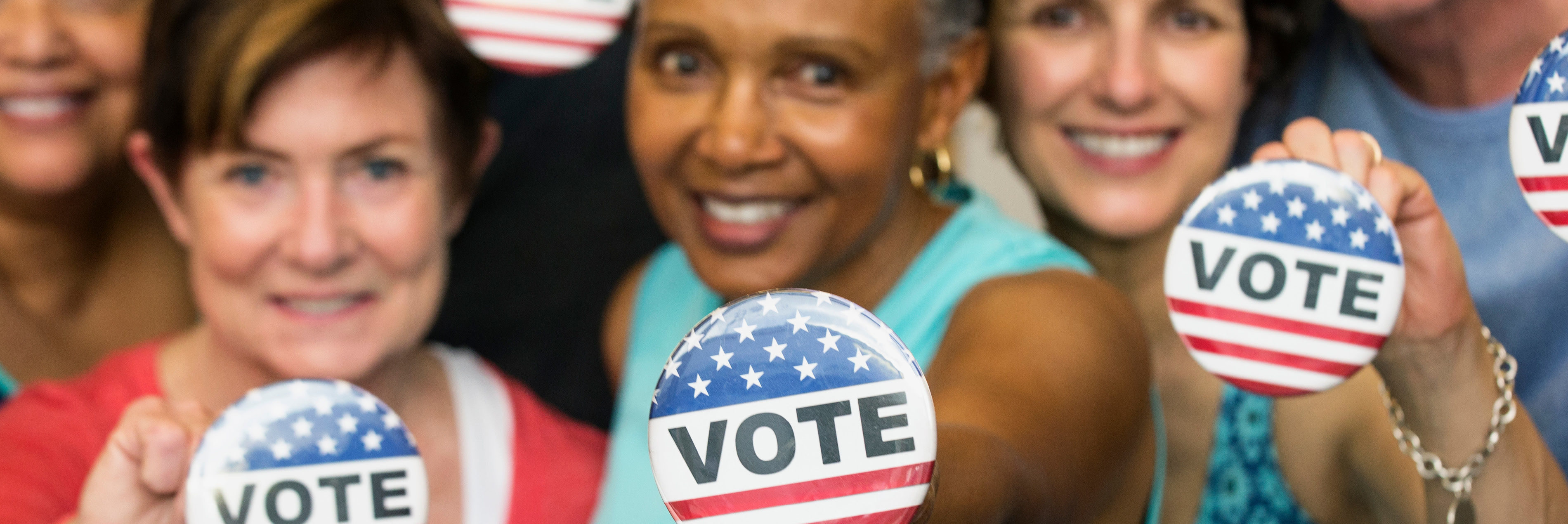 Mobile Image
Mobile Image
